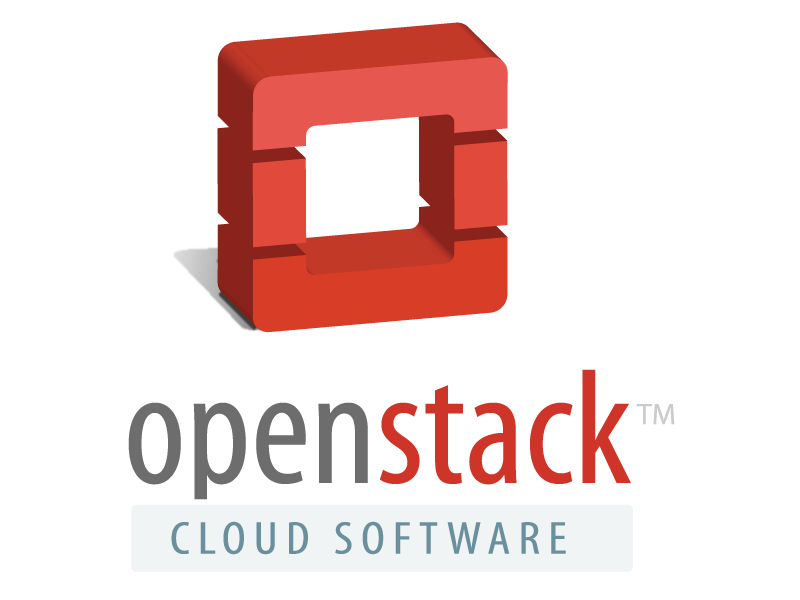OpenStack Workshop at SUNY Open Source Festival

On March 28th, the 4th Open Source Festival at SUNY Albany, hosted a

OpenStack is a cloud operating system that controls large pools of compute, storage, and networking resources throughout a datacenter, all managed through a dashboard that gives administrators control while empowering their users to provision resources through a web interface.
The workshop was presented by
- Matt Dorn a Cloud Technology Instructor with Rackspace focused on helping IT teams around the world build private clouds with OpenStack. and
- Ken Hui a Cloud Architect/Evangelist with Rackspace focused on the Rackspace Private Cloud.
Matt and Ken brought with them a “portable cloud” composed of 14 laptops that provided the OpenStack environment for the training.
 |
 |
 |
 |
During a full-room, three hours session, over 40 participants went through an overview of the OpenStack components and received practical suggestions and resources for learning OpenStack.
Some of the main components discussed included
- Keystone: the project that provides Identity, Token, Catalog and Policy services for use specifically by projects in the OpenStack family. It implements OpenStack’s Identity API.
- Nova: the project name for OpenStack Compute, a cloud computing fabric controller, the main part of an IaaS system. Individuals and organizations can use Nova to host and manage their own cloud computing systems. Nova originated as a project out of NASA Ames Research Laboratory.
- Cinder: the project that implement services and libraries to provide on demand, self-service access to Block Storage resources. Provide Software Defined Block Storage via abstraction and automation on top of various traditional backend block storage devices.
 |
 |
Then to demonstrate the capabilities of OpenStack, Matt and Ken guided participants through the OpenStack portal and gave everyone an opportunity to launch cloud computing resources from their own laptops.
 |
 |
 |
 |
 |
 |
The workshop participants demonstrated great excitement about cloud technologies, and learned about the the growing demand for practitioners in this area.
The open source nature of OpenStack makes it a natural choice for organizations that are deploying private clouds. That is, clouds that are hosted inside the institution’s firewall to provide services to selected users.